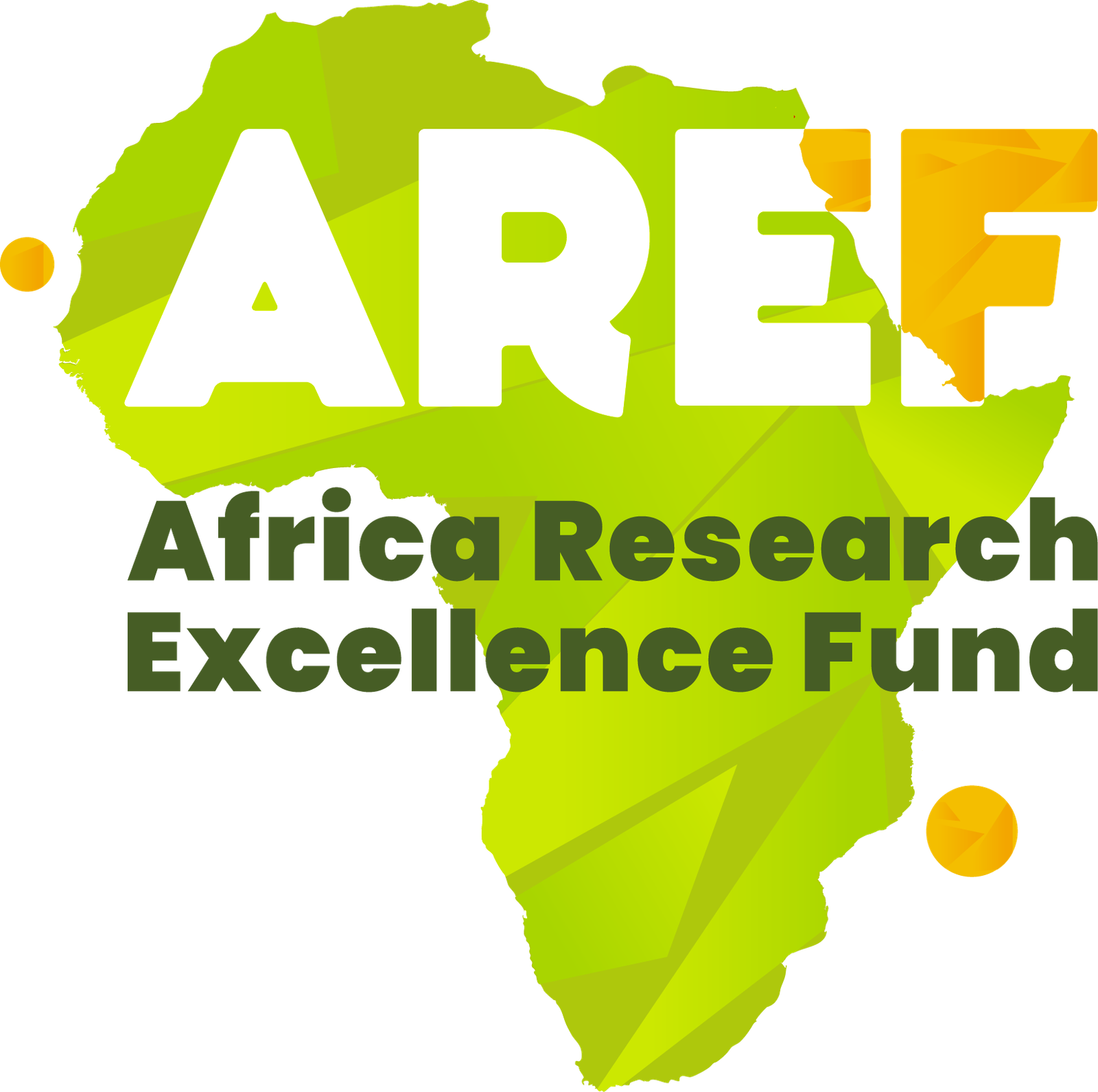Employing institution: VITROME, Institute of Research for Development (Senegal)
Host institution: MRC Unit The Gambia at LSHTM.
Project title: The evolution of P. falciparum populations in Dielmo, Senegal: from malaria control to pre-elimination.
Dr Wotodjo has a PhD in malaria epidemiology and currently works in VITROME Unit at the Institute of Research for Development, Senegal, responsible for the studies on malaria epidemiology. Upon acquiring her new research skills, she intends to conduct research in her home country of Togo where malaria remains a public health problem.
AREF Fellowship Research Project:
In Senegal, the deployment of insecticide-treated nets (ITNs) and artemisinin-based combination therapy has resulted in a significant decrease of the malaria burden and the National Malaria Control Program plans to eliminate malaria by 2030. However, drug resistance, multiplicity of infections as well as the genetic variability of the Plasmodium parasites could slow down or impair the efficacy of current malaria control strategies.
In Dielmo, Central Senegal, malaria has significantly decreased after the implementation of ITNs universal coverage and the disease is currently at pre-elimination phase. However, two malaria resurgences have occurred over the last decade.
The main objective of Dr Wotodjo’s work is to monitor changes in transmission in Dielmo by measuring Plasmodium population genetic diversity before and after ITNs implementation and during the two malaria resurgences episodes using genomic tools such as microsatellites and single-nucleotide polymorphism sequencing. She expects to correlate malaria transmission, its resurgences, and its important decrease to the dynamic and the diversity of the Plasmodium parasite.
Dr Wotodjo’s placement will take place at MRC the Gambia Unit at LSTMH in the Disease Control and Elimination Unit headed by Prof D’Alessandro, an internationally well-known malaria researcher. She will receive training in advanced molecular genetic analysis using microsatellites and single-nucleotide polymorphism sequencing techniques, alongside meeting with referent researchers and improving her oral English. She intends to transfer the skills by supervising MSc and PhD students in her home institution on her return.
“I have no doubt that this fellowship will help me to compete in the future for high research grants to become an independent researcher. I could contribute, in near future, to the effort towards malaria elimination.”



